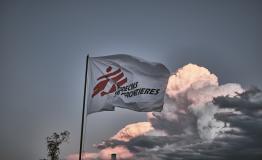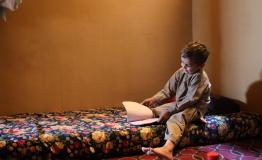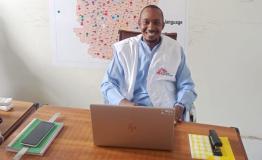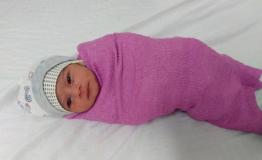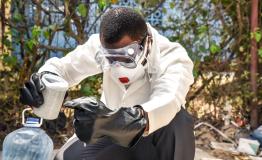Despite the staffing and supply shortages caused by COVID-19, our teams managed to keep all projects in Pakistan open.
We maintained our reproductive, neonatal and paediatric care services at five different locations in Balochistan and Khyber Pakhtunkhwa provinces. We also assisted local communities, Afghan refugees and people in border areas, running emergency obstetric services and nutrition programmes, and ensuring the treatment and referral of critical trauma patients.
We continued to operate our cutaneous leishmaniasis programme in these two provinces, and opened two new satellite clinics in Peshawar and Bannu districts.
At the end of January, we handed over the last of our activities at Timurgara District Headquarters Hospital to the Department of Health. Since 2008, we had provided emergency, obstetric and neonatal care.
In Karachi, Sindh province, where we run a hepatitis C project in the informal settlement of Machar Colony, we started supporting COVID-19 vaccination activities in September. We opened a vaccination centre in the rural health centre of Sher Shah and sent a mobile vaccination clinic to several other sites in Kemari district. In Balochistan, we supported the Ministry of Health by providing staff, transporting test samples to laboratories and donating personal protective equipment (PPE). We also donated drugs, medical equipment and PPE to local health authorities and hospitals in four other provinces.
In Gujranwala, Punjab province, we opened a new project in November to diagnose and treat people with multidrug-resistant tuberculosis, implementing a decentralised approach, which enables patients to receive care nearer their homes.
Throughout the year, MSF made multiple donations to hospitals and disaster management authorities, and assisted with responses to outbreaks of measles and dengue. We also donated 500 relief kits to people affected by the earthquake in Harnai, Balochistan.






